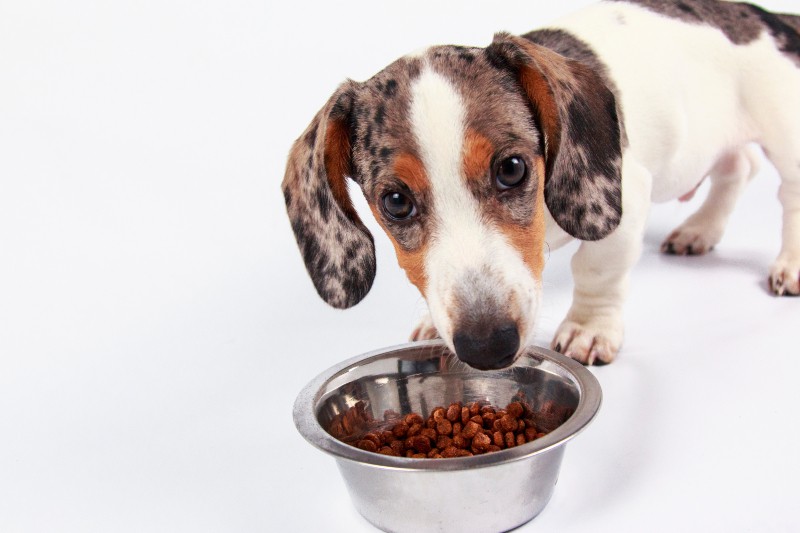As a Dachshund owner, you want to make sure your pup is getting all the essential nutrients they need to thrive. Proper nutrition is key for maintaining your Dachshund’s long-term health, energy levels, and ideal body condition.
To help you build the best diet for your furry friend, here are the top 10 most nutritious foods you should incorporate into your Dachshund’s meal plan:
- Lean Proteins – Dachshunds do best on high-quality animal proteins like chicken, turkey, lean beef, or fish. These lean meats provide essential amino acids to support muscle development and overall health.
- Sweet Potatoes – This vitamin-packed veggie is rich in beta-carotene, fiber, and complex carbs to fuel your Dachshund’s active lifestyle. Sweet potatoes are also gentle on sensitive stomachs.
- Carrots – Crunchy carrots are a healthy, low-calorie snack that provide a boost of vitamins A and C. The fiber also helps support digestive health.
- Blueberries – These antioxidant-rich berries make a great occasional treat for Dachshunds. Blueberries are packed with vitamins, minerals, and fiber.
- Eggs – Whole eggs are an excellent source of high-quality protein, vitamins, and minerals essential for your Dachshund’s development.
- Plain Yogurt – Probiotic-rich yogurt can help maintain a healthy gut microbiome and support immune function. Look for low-fat or non-fat varieties.
- Brown Rice – Whole grains like brown rice provide complex carbohydrates to give your Dachshund long-lasting energy. The fiber content is also beneficial.
- Spinach – Dark, leafy greens like spinach are packed with vitamins, minerals, and antioxidants to support overall health.
- Pumpkin – Plain, unsweetened pumpkin is great for Dachshunds with digestive issues. It’s high in fiber and helps regulate bowel movements.
- Lean Chicken Liver – Organ meats like chicken liver are an incredible source of nutrients like iron, vitamins A and B12, and essential fatty acids.
By incorporating these nutrient-dense foods into your Dachshund’s diet, you can help ensure they get all the building blocks they need to live a long, healthy, and happy life. As always, be sure to transition to new foods slowly and check with your veterinarian for personalized feeding recommendations.

